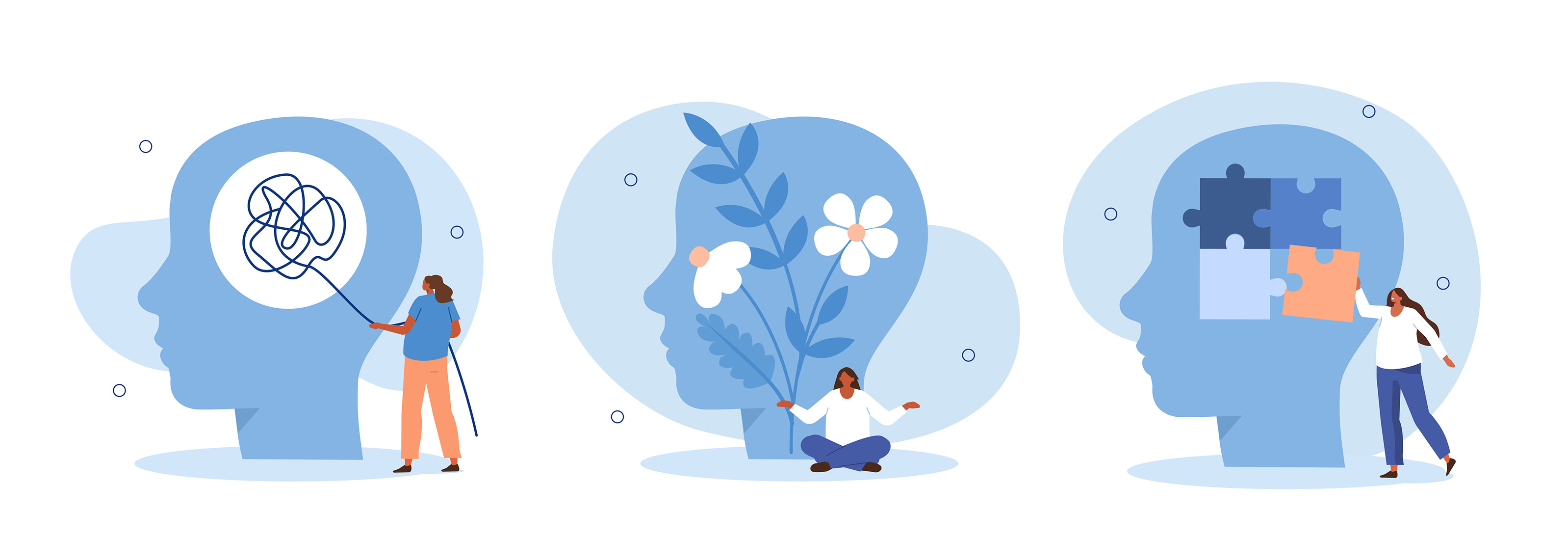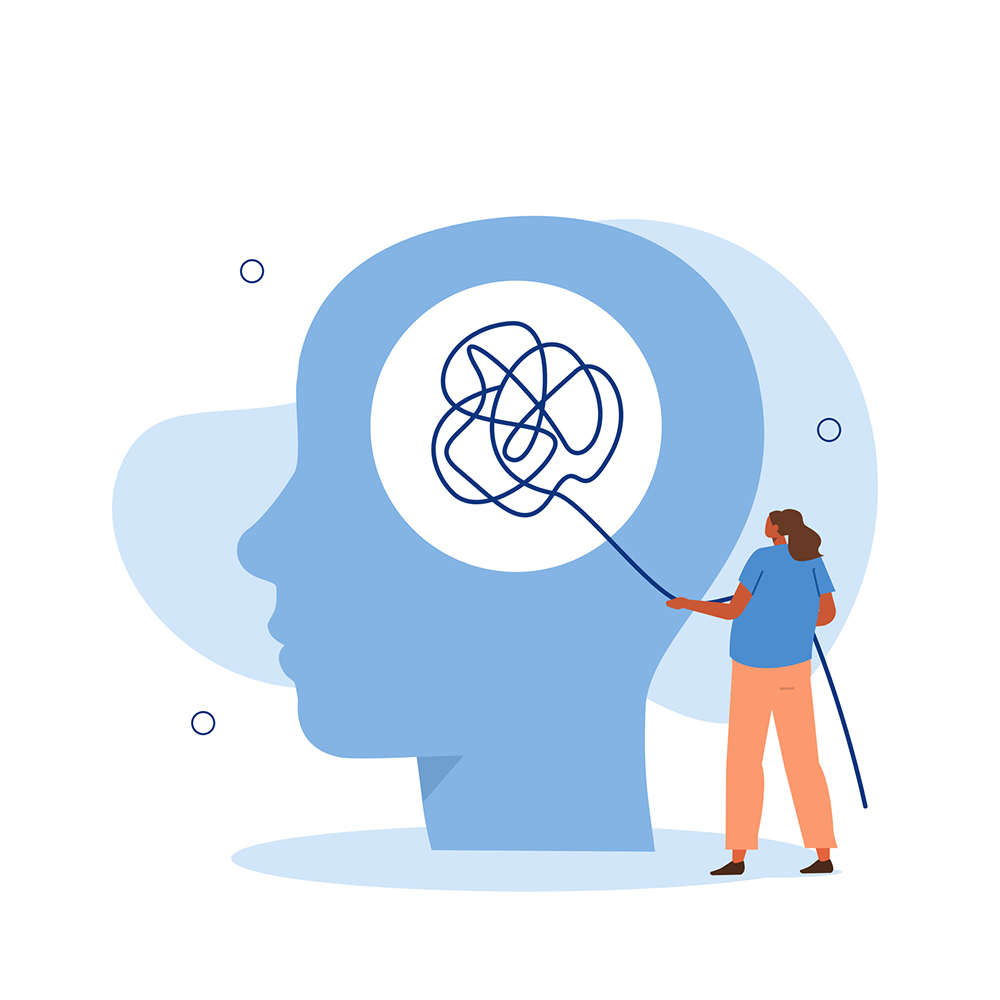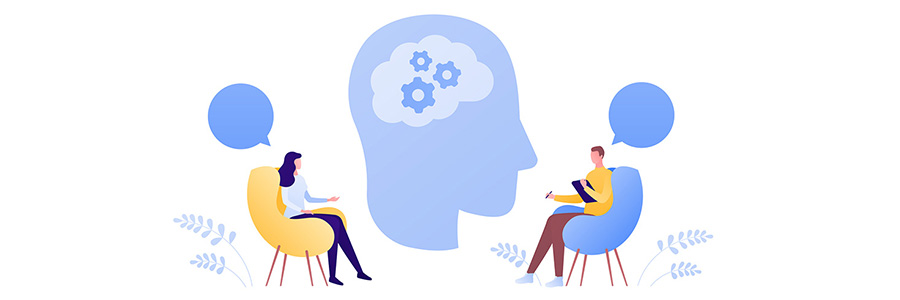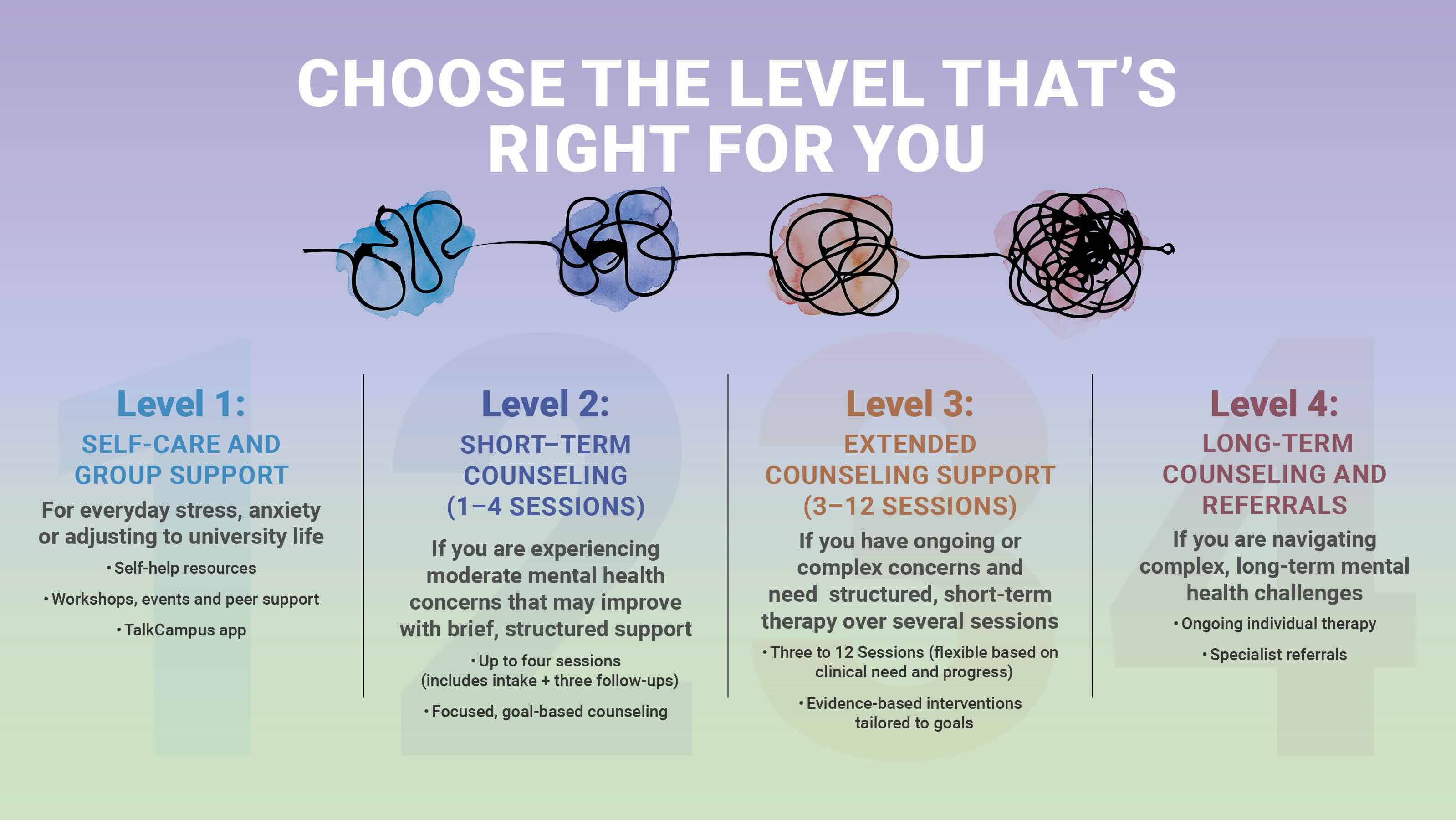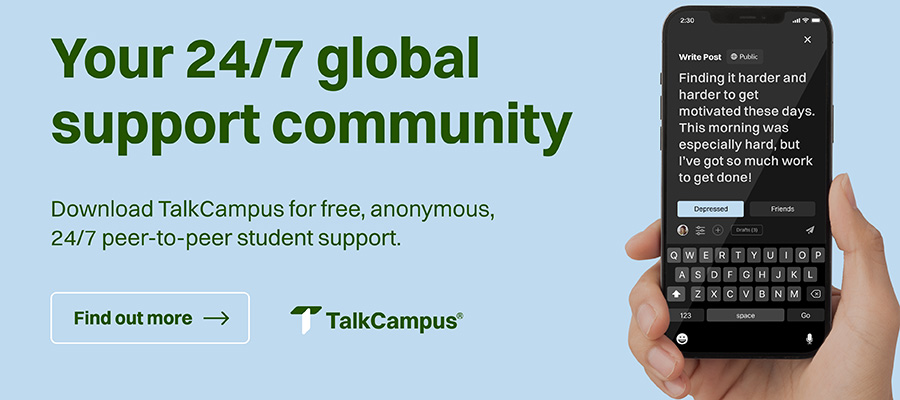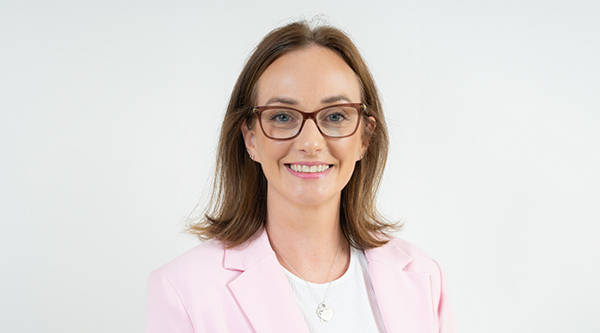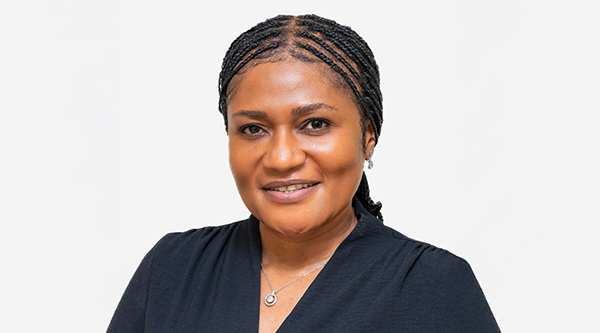University Counseling Services (UCS) at American University of Sharjah provides free, confidential psychological support to students, faculty, staff and their families. We aim to promote positive mental health and well-being across our diverse community by offering services that are responsive to the individual needs and cultural backgrounds of our community members.
Individual Counseling
At UCS, our counselors help students explore a variety of academic and personal concerns. Common issues that lead students to seek support include adjusting to university life, identity concerns, relationship conflicts, anxiety, depression, grief and loss.
Our counselors are equipped to address a broad range of issues and work collaboratively with students to help them identify personal goals, develop coping skills and generate solutions to current difficulties.
UCS Mental Health Support
- Level 1: Self-Care and Group Support
- What it is: Support for everyday stress, adjustment and general wellbeing
- Includes:
- Links to mindfulness tools, journaling prompts and stress guides
- Access to workshops (for example, stress, time management)
- Peer–led circles (in collaboration with the AUS Mental Health Association | @aus.mha)
- TalkCampus app link and benefits (24/7, anonymous, global)
- Who it’s for: If you are feeling stressed, homesick, overwhelmed or curious about emotional health
- Level 2: Short-Term Counseling (1–4 Sessions)
- What it is: Brief, focused counseling to address moderate concerns
- Structure:
- Complete a quick form to help us understand your needs and set up our intake session.
- We will start with a conversation within a relaxed intake session to agree on how we can support you.
- You will have up to three goal-designed sessions to help you work toward your goals.
- Focus Areas:
- Mild anxiety or low mood
- Adjustment issues (for example, academic or relationship stress)
- Life transitions
- Building coping skills
- Who it’s for: If you need support but not in crisis
- Next Steps: Ready to get started? Book a UCS appointment here.
- Level 3: Extended Counseling Support (3–12 Sessions)
- What it is: Short-term therapy with more structure for ongoing or complex issues
- Structure: Three to 12 sessions, depending on your need and progress
- Focus Areas:
- Persistent anxiety or depressive symptoms
- Low self-esteem
- Emotion regulation
- Family or interpersonal difficulties
- Non-crisis trauma support
- Who it’s for: Students needing longer-term structured therapy
- Next Steps: Go ahead and book an appointment by completing this form. Together with the clinician, you will determine the level of care you need.
- Level 4: Long-Term Counseling and Referrals
- What it is: Support for students with more serious or ongoing mental health needs
- Includes:
- Long-term therapy (through referrals)
- Psychiatric evaluation or medication
- External psychologist/psychiatrist support
- Referral Examples: Eating disorders, bipolar disorder, OCD, trauma requiring specialist care
- Who it’s for: If your needs exceed short-term support at UCS
- Next Steps: We’ve got your back at UCS. We will refer and coordinate care externally with trusted experts.
Not sure where to start? That’s okay. We’ll help you find the right fit. The more you share in the intake form, the better we can help you.
[email protected] | Appointments | Instagram
What is Counseling Like?
For many students, a single session with a UCS counselor may provide enough clarity and guidance. Others may benefit from ongoing support, depending on their needs.
During your first session, the counselor will ask you to describe your concerns and gather some background information. Together, you and the counselor will decide if further sessions would be helpful and set goals for your progress. Counseling at UCS is problem-focused, flexible and culturally appropriate, with counselors employing different strategies based on individual needs.
You may feel anxious, self-conscious or unsure at first—that’s completely normal. Our counselors are experienced in creating a safe, accepting and non-judgmental environment where you can talk openly about your feelings. Sessions typically last 45-50 minutes and may occur weekly, biweekly or monthly, depending on your needs and the counselor’s availability.
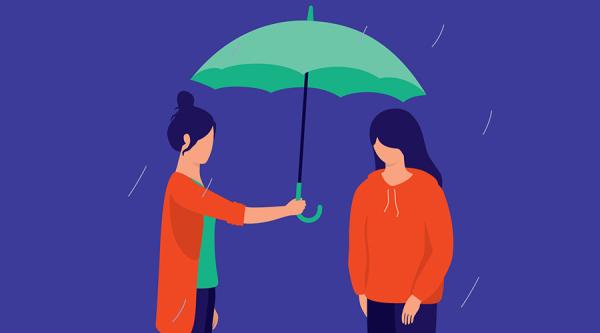
Crisis Support
If you are experiencing a mental health emergency outside of UCS hours, please call +971 6 515 2100 and select option one to speak to an on-call nurse. In cases of immediate danger, contact local emergency services at 999.
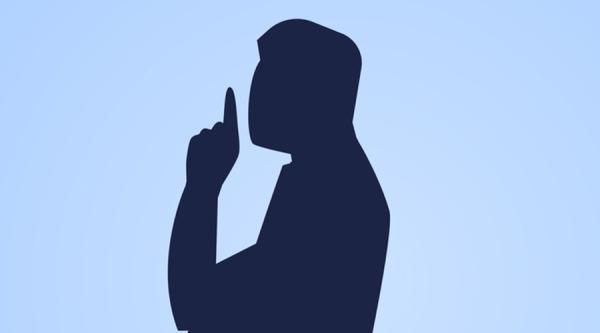
Confidentiality
All counseling services provided at UCS are completely confidential. Your personal information and the content of your sessions will not be shared without your consent, except in rare cases where safety is a concern.
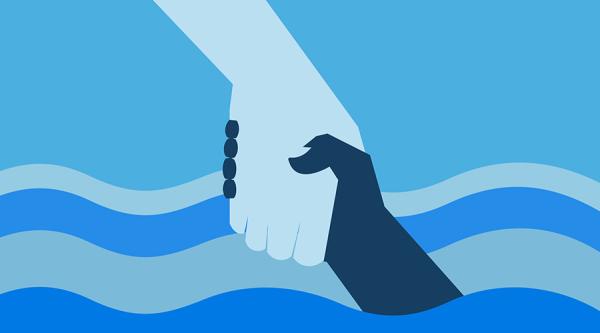
Psychiatric and Medical Referral
For community members who require more intensive or specialized services, or those with long-term psychiatric conditions, UCS will refer them to appropriate external mental health providers. Please note that UCS does not prescribe or monitor psychotropic or any other medications.
Self-Help
Wellbeing and Self-Care Resources
In addition to individual counseling, UCS provides resources that help students understand and manage the challenges they may be facing. These resources are often used alongside counseling to support growth:
TalkCampus: Peer Support at Your Fingertips
In addition to the counseling services offered by UCS, students can access TalkCampus, a global peer support network designed to help you manage your mental health anytime, anywhere. Whether you're feeling stressed, anxious, or just need someone to talk to, TalkCampus connects you with students around the world who are experiencing similar challenges.
Key features of TalkCampus:
- 24/7 support: Access support at any time, day or night.
- Global community: Connect with students from universities across the globe.
- Confidential and secure: Your identity remains private, and the app is a safe space for discussing your feelings.
- Free to use for AUS students: TalkCampus is available at no cost to all AUS students.
How to Get Started:
- Download the TalkCampus app from the App Store or Google Play.
- Sign up using your AUS email address.
- Start sharing your experiences and get support from a global student community.
For more information, visit the TalkCampus website or speak with a UCS counselor about how TalkCampus can complement your mental health journey.
Meet the Team
Inclusive and Culturally Sensitive Support
At UCS, we pride ourselves on providing culturally sensitive counseling services that respect the diverse backgrounds and perspectives of our community members.
ACPN Psychologists
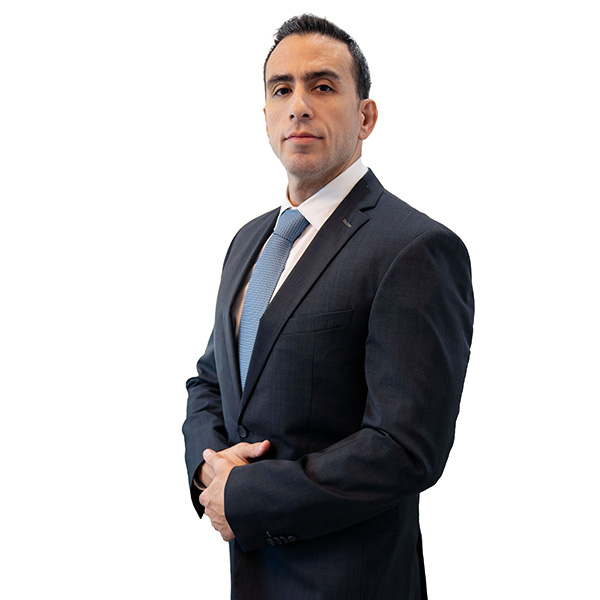
Toubia Farah
Toubia specializes in supporting individuals experiencing anxiety, depression, relationship challenges, addiction and identity-related concerns. He integrates a range of evidence-based approaches to deliver personalized care, with a focus on long-term recovery, resilience and personal growth.
Timings: Mondays, 9:00 a.m. to 5:00 p.m.
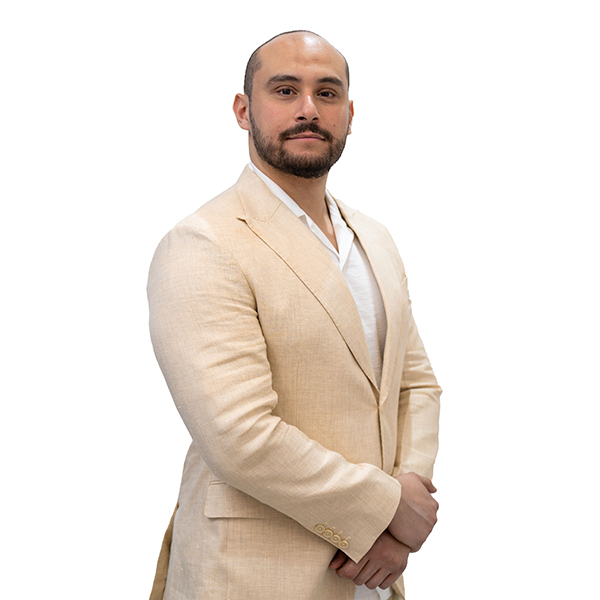
Farid Elazar
Farid has expertise in working with individuals facing severe obsessive-compulsive disorder (OCD), anger management difficulties and panic disorders. He uses structured, evidence-based techniques to help clients regain control and enhance their quality of life.
Timings: Tuesdays, 9:00 a.m. to 5:00 p.m.
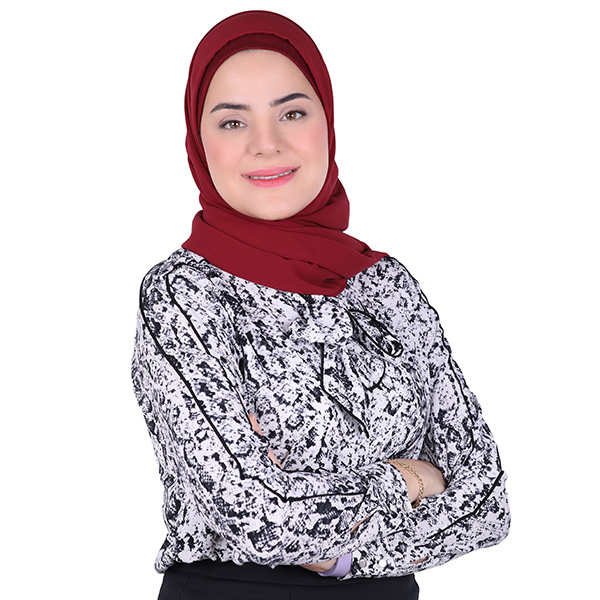
Nour Alhafi
Nour focuses on trauma, personality disorders and Attention Deficit Hyperactivity Disorder (ADHD). Taking a trauma-informed perspective, she combines therapeutic methods to help clients manage their symptoms more effectively and work toward emotional balance.
Timings: Wednesdays, 9:00 a.m. to 5:00 p.m.

Mariam Khela
Mariam specializes in the treatment of phobias, Post-Traumatic Stress Disorder (PTSD) and couples therapy. Her integrative approach draws on several therapeutic techniques to support individuals and couples in overcoming challenges and building healthier relationships.
Timings: Thursdays, 9:00 a.m. to 5:00 p.m.
Schedule an appointment
Starting with Summer Term 2025, the University Counseling Service (UCS) is migrating to a new and improved electronic data system. Your information remains highly confidential and secure. Please follow the guidance below to book an appointment and complete the required intake form. We look forward to seeing you soon.
If you need to cancel or reschedule your appointment, please notify us at least 24 hours in advance.
- Working hours: Monday–Thursday | 8:00 a.m.–5:00 p.m.
- Location: Performing Arts Building
What you need to know:
When you click on the link below, select whether you are a new client or existing client and provide the following details:
- First Name
- Surname
- AUS ID in the format of @00…
- AUS email address (required)
New clients will be prompted to complete an intake form. Please include as much information as possible, as this will help ensure a smoother initial appointment.
FAQs
- What is Titanium?
Titanium is the secure electronic health record system used by University Counseling Services (UCS) to manage appointments, clinical notes and related documentation. It ensures your records are confidential and compliant with university policy.
- How do I make an appointment?
You can use the https://ucsappointments.aus.edu/ link to make an appointment. Please note: you must be connected to the AUS VPN or be on campus for the link to work.
- I can’t access Titanium from home. What should I do?
To access Titanium off-campus, connect through the AUS VPN first. Instructions for VPN setup are available on the AUS IT support page.
- Where do I attend the appointment?
All appointments are conducted face-to-face in the counseling offices, which are located in the Performing Arts Building.
- How do I cancel an appointment?
To cancel an appointment, please contact UCS on [email protected] as soon as possible.
- Will my professors, parents or the university administration see my counseling notes?
No. Counseling records are confidential and separate from your academic records. Information is only shared with your consent, or in exceptional cases as required by law or university policy (e.g., safety concerns).

